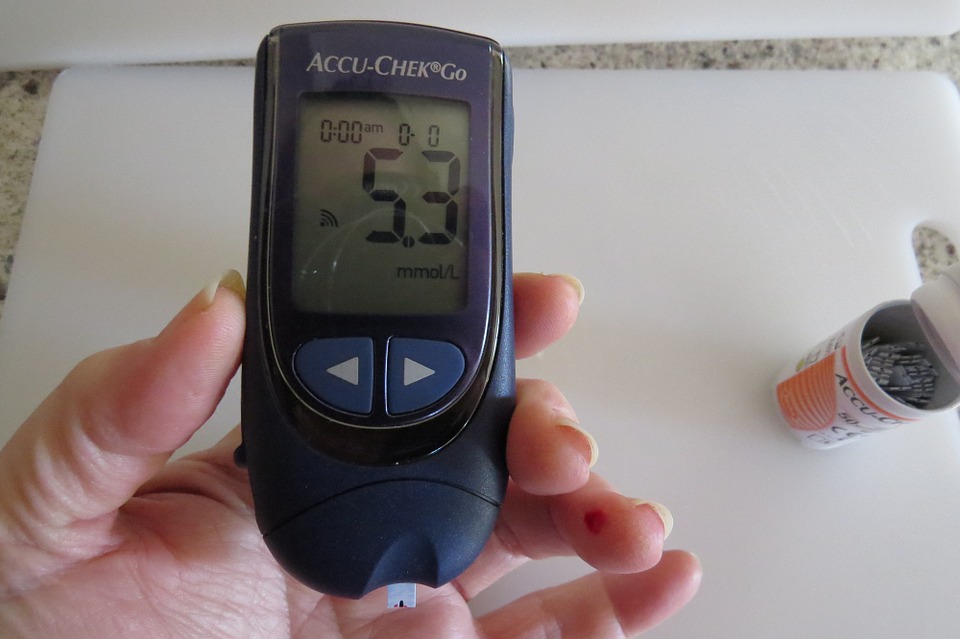What Is Type 2 Diabetes?
Diabetes is a complicated disease because it involves not just one type alone but rather has several types of diseases which differ from each other in more ways than one. One of the types of diabetes is known as type 2 diabetes. Now you may be wondering what type 2 diabetes is, what causes it, signs and symptoms, as well as the best course of treatment. You are not alone in this as there are many people who are keen to know more about type 2 diabetes.
What Is Type 2 Diabetes?

The Ultimate Guide To Type 2 Diabetes
It is the ultimate guide which will help you understand what type 2 diabetes is all about starting from the most basic facts to how you should deal with it.
What Is Type 2 Diabetes?
Diabetes sort 2 is a condition in which the blood sugar levels build up in the body’s bloodstream since there is not the sufficient amount of insulin to move it to your body’s cells to be converted to energy. Due to the lack of energy, your body will now look for alternative sources that can provide power to your tissues, muscles, and organs.
Signs And Symptoms Of Diabetes Type 2
Type 2 diabetes is a progressive disease that develops gradually and slowly. Most people usually ignore the early signs and symptoms of the disease believing that they are just normal signs of sickness. Before they can realize what is actually wrong with them they are confronted by a full-blown diabetes disease.
- Hunger pangs
- Sense of fatigue or weakness
- Drained of Energy
- Loss of weight
- Increased thirst
- Frequent urination
- Itchy skin
- Blurry vision
- Dry mouth
- Dehydration
When the disease progresses, these symptoms will become severe and more dangerous to your general health.
- Yeast infections
- Poor healing of sores and cuts
- Dark pigments on skin
- Pain on the foot
- Neuropathy or numbness of extremities
A woman who is suffering from diabetes may also have a higher risk to get a second heart attack after the initial one. Diabetes may also lead to some complications especially when the woman is pregnant.
What Causes Diabetes?
To better understand the cause of diabetes type 2, it is important to know how your body works first. Your body produces insulin naturally through the pancreas. The pancreas will release insulin when it realizes that you are eating to help transport sugar from your bloodstream to your cells throughout your body where energy is being used.
Because the body is no longer producing insulin, no hormone transports the glucose from your bloodstream to the cells to be used. It will lead to the build-up of glucose in the blood while your body’s cells become hungry because they do not have the energy from the sugar anymore.
- Genes
- Presence of significant amount of glucose in the liver
- Metabolic syndrome
- Extra weight
- Broken beta cells
- Incorrect signals between cells
However, the exact reason why the body is having this problem is still unknown.
How To Treat Diabetes Type 2?
Prompt treatment of diabetes is vital to help prevent diabetic complications.
Diet
You should carefully watch your diet. Do not eat anything just because you crave for it. Instead, stick to a diabetic diet plan which is usually high in fiber and nutrient-rich carbs. Having healthy omega-3 fatty acids are also a great bonus to your health. Do not eat foods high in fat and also be careful in the amount of servings that you help yourself to every day.
Exercise
Type 2 diabetes is also a result of a sedentary lifestyle. So if you have an inactive way of life, it is important for you to change your ways now. Even a 30-minute exercise of brisk walking or other aerobic exercises will do wonders for your health.
Weight Monitoring
Overweight people are at a higher risk to develop type 2 diabetes. Due to this, it is important for you to maintain a healthy weight and make sure that you do not develop a high body mass index. If you have difficulty in managing your weight, it is best for you to consult your doctor and ask for some safe recommendations to lose weight.
Taking Prescribed Medications
Medications are needed to help control and treat the disease.
- Metformin – Lowers blood glucose levels and improves body response to insulin.
- Sulfonylureas – Increases body’s production of insulin.
- Thiazolidinediones – Increases body’s sensitivity to insulin.
- Glucagon-like peptide-1 receptor agonists – Slows down digestion and improves blood sugar levels.
- Meglitinides or glinides – Stimulates pancreas in releasing more insulin.
- Dipeptidyl peptidase-4 inhibitors – Reduces blood sugar levels.
- Sodium-glucose cotransporter-2 inhibitors – Prevents kidneys from reabsorbing sugar in the blood and excreting out in the urine.
These meds have their side effects that may affect you in one way or another. Your doctor may also change your medications until the right medication which suits your needs and gives you optimal benefits is found. Remember, all patients have individual responses to these medications, which while one type of medication suits a particular person, the same may not suit another.